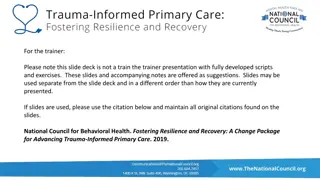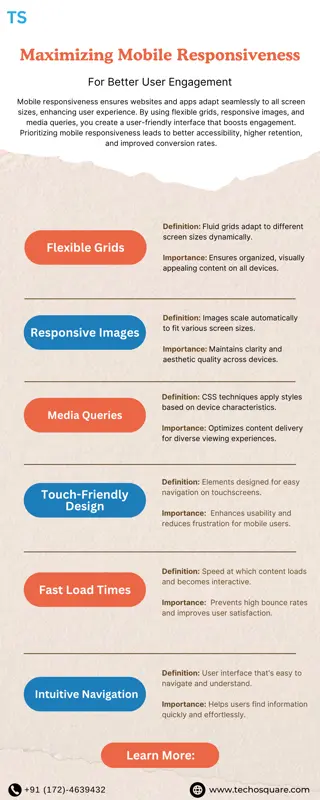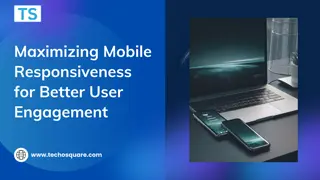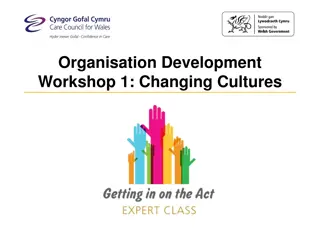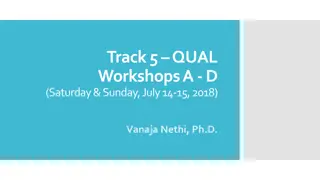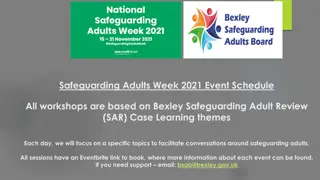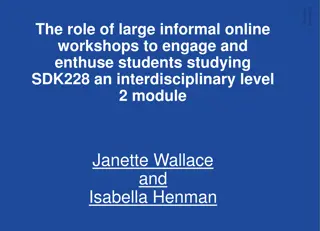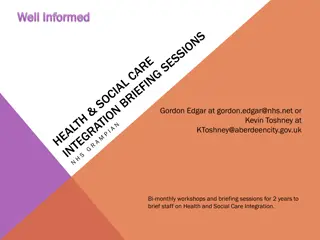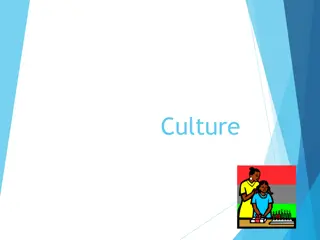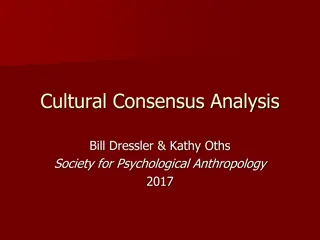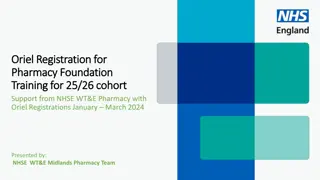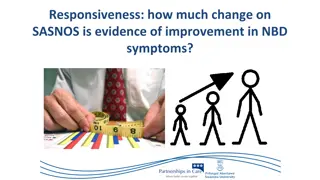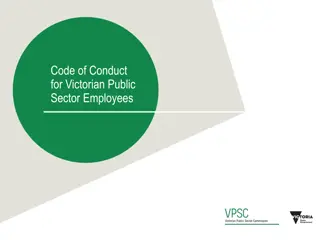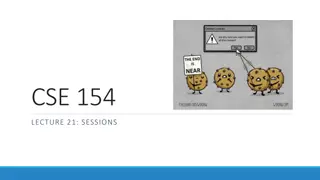Exploring Cultural Responsiveness Through Workshops & Practice Sessions
This content provides a comprehensive guide on cultural responsiveness through workshops and practice sessions. It covers topics like cultural sensitivity, biases identification, and ways to reduce implicit biases. Resources, videos, and insights on cultural knowledge and awareness are shared to promote understanding and competence in addressing cultural diversity.
Download Presentation

Please find below an Image/Link to download the presentation.
The content on the website is provided AS IS for your information and personal use only. It may not be sold, licensed, or shared on other websites without obtaining consent from the author. Download presentation by click this link. If you encounter any issues during the download, it is possible that the publisher has removed the file from their server.
E N D
Presentation Transcript
Cultural Responsiveness Workshop and Practice Session
Workshop & Practice Welcome and Introductions Topics Cultural Sensitivity Video- Debrief Cultural awareness Biases Identification of Biases Cultural Responsiveness practice Resources 2
https://www.youtube.com/watch?v=QKDMx LZHhPA&t=598s https://www.youtube.com/watch?v=QKDMxLZHhPA &t=598s 3
What did you notice? Things that went well Things that could be better 4
Culture Shared traditions, beliefs, customs, history and institutions of a group of people. It's a system of rules that are the base of what we are and affect how we express ourselves as part of a group and as individuals. Cultural Knowledge Cultural Awareness Cultural Sensitivity Cultural Competence Source: https://ctb.ku.edu/en 5
https://www.youtube.com/watch?v=hRiWgx4sHGg& list=PLrMqXQ2J_13tBCDSP0NwUfzy-9RtM0HAU 6
Our Own Bias A cognitive bias is a strong, preconceived notion of someone or something, based on information we have, perceive to have, or lack. These preconceptions are mental shortcuts the human brain produces to expedite information processing to quickly help it make sense of what it is seeing There are different types of biases we experience that influence and affect the way we think and behave, as well as our decision-making process. Societal stereotypes Cultural context Background Personal experiences Source: Charlotte Ruhl, 7
Ways to identify and reduce our own implicit bias Using Implicit - AAFP Source: American Academy of Family Physicians
Introspection: Explore and identify your own prejudices by taking implicit association tests or through other means of self-analysis https://implicit.harvard.edu/implicit/takeatest.html your biases when you re under pressure, practice ways to reduce stress and increase mindfulness, such as focused breathing, connect with nature, read. Mindfulness: Since you re more likely to give in to 9
Perspective-taking: Consider experiences from the point of view of the person being stereotyped. You can do this by reading or watching content that discusses those experiences or directly interacting with people from those groups. Learn to slow down: Before interacting with people from certain groups, pause and reflect to reduce reflexive actions. Consider positive examples of people from that stereotyped group, such as public figures or personal friends. 10
Individuation: Evaluate people based on their personal characteristics rather than those affiliated with their group. This could include connecting over shared interests. Check your messaging: As opposed to saying things like we don t see color, use statements that welcome and embrace multiculturalism or other differences. Institutionalize fairness: Support a culture of diversity and inclusion at the organizational level. AAFP.org 13
Resisting implicit bias is lifelong work Try to exercise patience with yourself and with others AAFP.org 12
Applying Cultural Responsiveness - Scenario 1 A 55-year-old construction worker tests positive for COVID. He is asymptomatic Jakehas lived in Oregon for 20 years, has worked for the same company for ten years and due to his excellent dedication to his job, he has been promised help in order to get his legal residency. He is an illegal immigrant. Jake has two teen age kids. His wife suffers from hypertension and diabetes During the call he says: 1.COVID is not real 2. That he is afraid about his legal status and the possibility that missing work may be an issue with his employer 3. That he doesn t believe what the Government will do with his information 4. How can you tell me what to do if you are not in my shoes? 13
What would you say when Jake tells you..? COVID is not real I m an illegal and I don t want to miss the opportunity to get my papers in order. If I don t go to work, my boss will not help me You work for the Government. I don t trust you How can you tell me what to do if you are not in my shoes? 14
Applying Cultural Responsiveness - Scenario 2 Valerie is a transgender varsity soccer coach. She works at Bella Vista High School, only high school in a very conservative and small town, and the team is about to start participating in the WEST Tournament. Valerie is 25 years old She has been identified as a close contact of a confirmed COVID case She is transgender During the call she says: 1. I m not at risk . I m young and very healthy 2. Why are you asking me about my gender identity? 3. If I feel sick, then I will consider if I self quarantine or not. 4. You have no right to call me. 15
What would you say when Valerie tells you..? I m not at risk . I m young and very healthy Why are you asking me about my gender identity? If I feel sick, then I will consider if I self quarantine or not. I know my rights. And you have no right to call me 16
Cultural Responsiveness is a self and process-driven, lifelong commitment to a tailored, dialogue-based approach that responds to the needs being presented by the individual in front of the provider, within a contextual understanding of social/economic/political/linguistic disparities 17
Resources Understanding own biases https://www.apa.org/research/action/speaking-of- psychology/understanding-biases Implicit bias test https://implicit.harvard.edu/implicit/takeatest.html 18
Questions? 19


